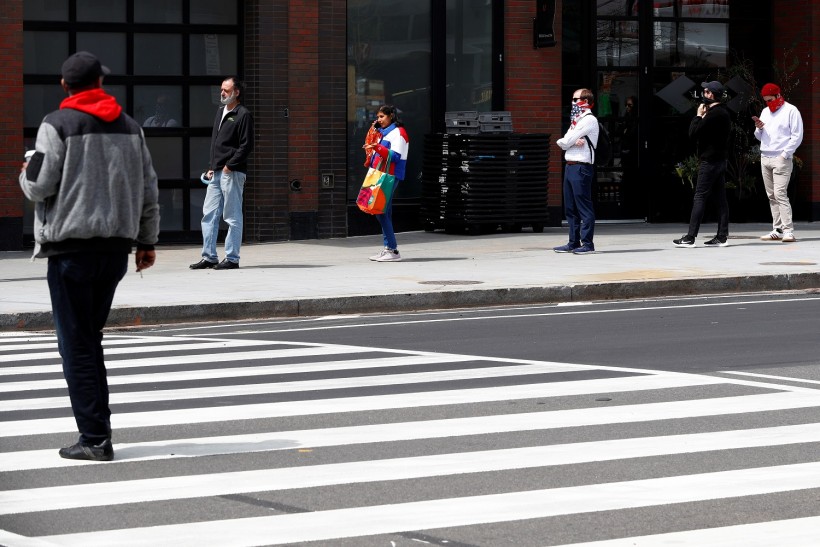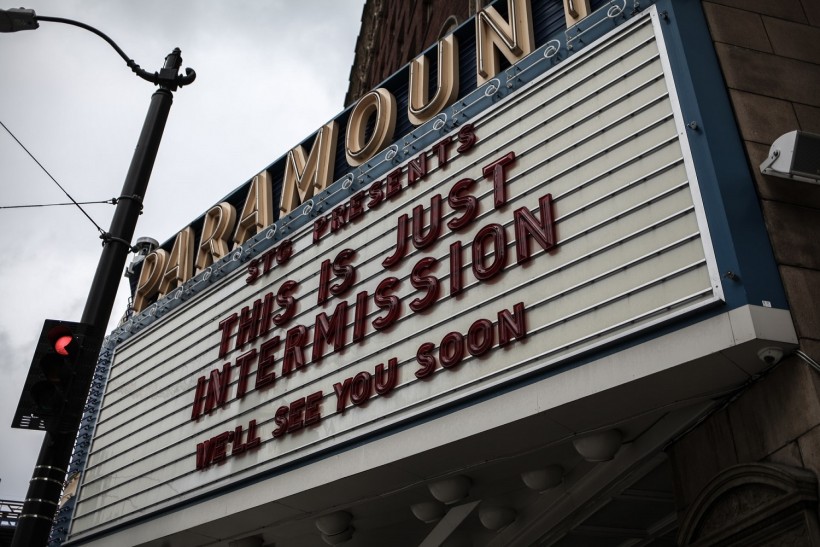A group of scientists from Harvard University disclosed that sporadic implementation of social distancing might last until 2022 to curb the spread of COVID-19 and to prevent overburdening the healthcare system.
The researchers also warned that one-time social distancing measures or lockdown currently placed in many countries are inadequate to counter the spread of coronavirus. They noted that it could just delay the peak of the pandemic or make way for the second wave of infections, especially when the one-time social distancing measures are lifted all at once.
The results of the Harvard study were published in the latest issue of the Science journal. Dr. Stephen M. Kissler of the Harvard School of Public Health led the study, which modeled the trajectory of COVD-19 using computer simulation. The Harvard scientists presumed that the highly infectious pandemic would become seasonal like the common flu, with higher transmission rates in colder months.
The Harvard team aimed to identify the likely trajectories of COVID-19, complementary interventions such as expanding ICU capacity, and treatments to reduce ICU demand. Their study would also like to stimulate innovative ideas that can put coronavirus under control in the long-term.
One-time social distancing insufficient

People wait in a socially distanced line outside of the 14th Street Trader Joe's grocery store, following Mayor Muriel Bowser's declaration of a state of emergency due to the coronavirus disease (COVID-19) in Washington, U.S., April 14, 2020.
Dr. Kissler said that they found that one-time social distancing measures are likely to be insufficient to maintain the incidence of COVID-19 within the limits of critical care capacity in the United States. He added that intermittent distancing might be required up to 2022 unless critical care capacity is substantially increased, or a treatment drug or a vaccine becomes available. "What seems to be necessary for the absence of other sorts of treatments are intermittent social distancing periods," he continued.
Based on their model, when social distancing is relaxed during the fall when the virus transmissibility is at its highest, a winter outbreak might occur, overlapping with flu season and could overwhelm the capacity of hospitals. On the other hand, the authors offered another scenario that the resurgence in coronavirus cases could occur as far as 2025.
Buying time with social distancing
The Harvard researchers explained that new treatments or vaccines could alleviate the necessity for strict social distancing measures. But with the absence of these, they predicted that surveillance and intermittent distancing might have to be maintained until 2022.
They added that maintaining social distancing is necessary to buy time for healthcare facilities to extend its critical care capacity while allowing population immunity to accumulate.
"Additional interventions, including expanded critical care capacity and an efficient therapeutic, would improve the success of intermittent distancing and hasten the acquisition of herd immunity'" the paper said.
The paper recommended more longitudinal serological studies are urgently needed to work out the extent and duration of immunity to COVID-19. The authors admitted that there are so many unknowns about this dreadful virus, such as the level of resistance acquired by the previous infection and how long it lasts.
The researchers recognized that there is a limitation to their model since very little is known on how strong a previously infected person's immunity is and how long it lasts. They assumed that a person would confer some immunity to COVID-19, for up to about a year, same with other coronaviruses closely related to this pandemic virus.

Covid 19 business closure Seattle Washington
COVID-19 will stay
The scientists, however, were sure that the coronavirus is here to remain. They added that it had been highly unlikely that immunity is going to be strong enough and last long enough that COVID-19 will die out after an initial wave.
The researchers argued that antibody tests that have just entered the market and appearance for whether an individual who was previously infected are going to be crucial in answering these vital questions on immunity. "A vaccine remains the last ultimate weapon against the virus," they added.
The study was published as the United States enters the peak of the pandemic, and existing social distancing measures in the country will expire on Apr. 30.
Also Read: Recent Study Shows Coronavirus Can Be Found 13 Feet Away From Infected! Is Social Distancing Still Effective?









